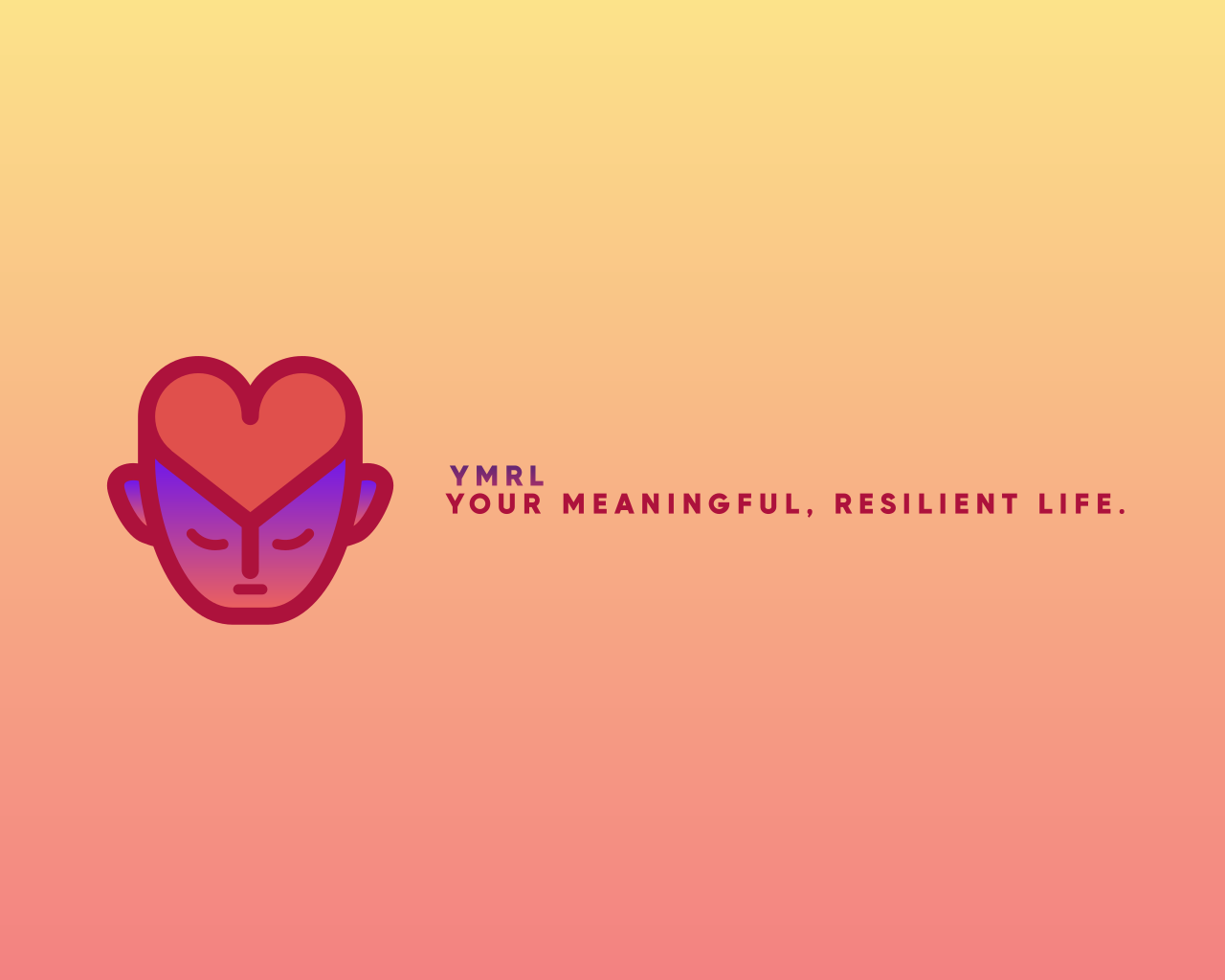Minimization as a Defense Mechanism: The Role of Cultural Resilience and Laughter in Health
In the realm of mental health and self-discovery, the concept of minimization as a defense mechanism holds a significant place. It serves as a coping strategy to deal with overwhelming emotions, traumas, and difficulties by downplaying their magnitude or impact on our lives. However, if we lean too deep into minimization we risk bypassing the experience of authentic emotion. This defense mechanism can have intricate relationships with our healing journey. How do we hold cultural resilience and laughter, acting as protective factors in our overall well-being; while honoring our truest, life shaping experiences, for the validity of what they are and what they brought up for us?
Personal Story: Finding Validation in the Journey of Therapy - After a Lifetime of Minimizing
On a personal note, my journey in therapy has been a quest for validation. I often find myself questioning the validity of my grievances, wondering if I am just being "dramatic" or exaggerating my struggles. As an adult, I've shared true stories of hardship with a touch of humor, only to be met with shocked expressions, particularly from individuals of a different cultural background, (mostly white people). This reaction has always gotten under my skin.
Growing up, I come from a family that embodies resilience in the face of adversity. I was taught that life is never easy, we should always be grateful for what we have (in comparison to those with less), and we learned to navigate its challenges with laughter as our steadfast companion. In our culture, we believe that not everything needs to be approached with intense seriousness; sometimes, you have to laugh to lighten the burden of reality. Which is great!
Laughter can help with adversity by providing a temporary escape from stress, boosting mood, increasing resilience and fostering a sense of connection to others. It can serve as a coping mechanism, helping individuals to find moments of joy and levity even in difficult situations; thereby improving their overall emotional wel- being and ability to navigate challenges.
While laughter and humor can provide temporary relief and help individuals cope with adversity, it’s important to acknowledge that they are not a substitute for addressing underlying pain or serious issues. We need to feel so that we can heal.
Unpacking Minimization: Unveiling the Root Cause
Over time, I have come to a profound realization – I have been minimizing real and profound struggles in my life. But why? This introspective journey has led me to understand that my tendency to downplay the gravity of my experiences stems from a deep-seated need to protect myself from the overwhelming emotions that accompany them. By making light of difficult situations, I inadvertently shield myself from confronting their true impact on my well-being.
Cultural Influences on Minimization
The cultural lens through which we perceive and navigate the world plays a pivotal role in shaping our defense mechanisms. In some cultural contexts, there exists a collective belief in the power of resilience and laughter as tools for survival. However, this cultural resilience can sometimes manifest as minimization, leading individuals to overlook the gravity of their struggles in an effort to maintain a sense of control and composure. This hyper-independent super power is by design. It helps us fall into place.
The truth is:
We CAN and we SHOULD laugh, it’s great medicine for our souls. Though, not at the expense of FEELING every wound, gift, loss, doubt. Our TRUTH matters. Every experience should be felt and each emotion should move through you.
Embracing Vulnerability and Seeking Authenticity
As I continue to unravel the complexities of minimization in my own life, I am learning to embrace vulnerability and seek authenticity in my experiences. It is essential to recognize that acknowledging the true weight of our struggles does not diminish our strength; rather, it empowers us to face our challenges with courage and honesty.
In conclusion, the interplay between minimization as a defense mechanism, cultural resilience, and the healing power of laughter is a complex and multifaceted one. By delving into the root causes of our coping strategies and embracing vulnerability, we pave the way for genuine self-discovery and emotional growth. Remember, it is okay to confront the depth of your emotions and experiences – for it is in this raw authenticity that true healing and resilience can flourish.
